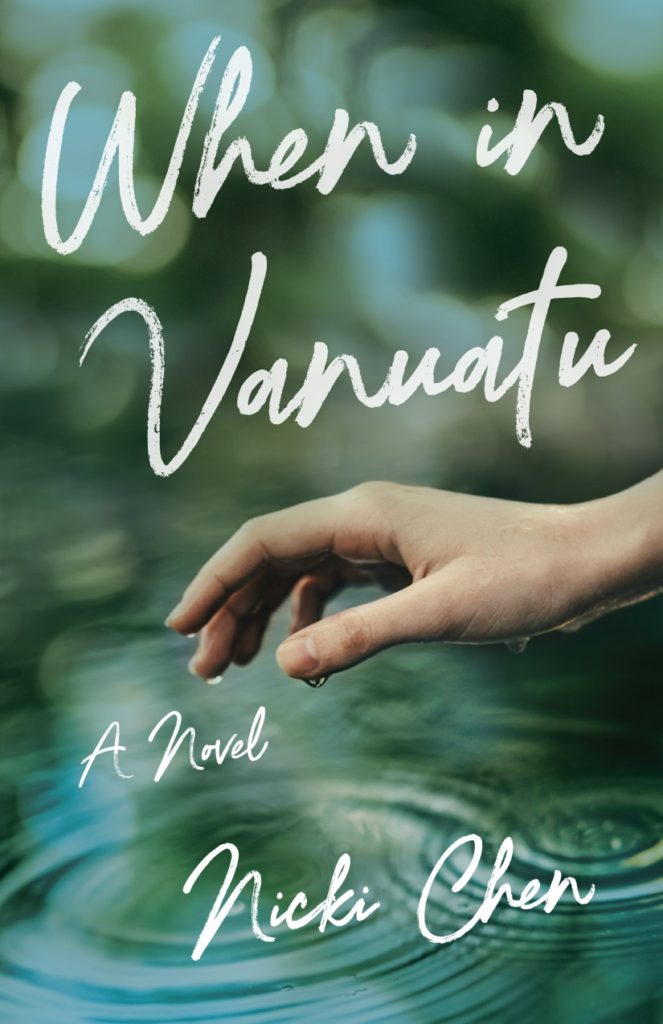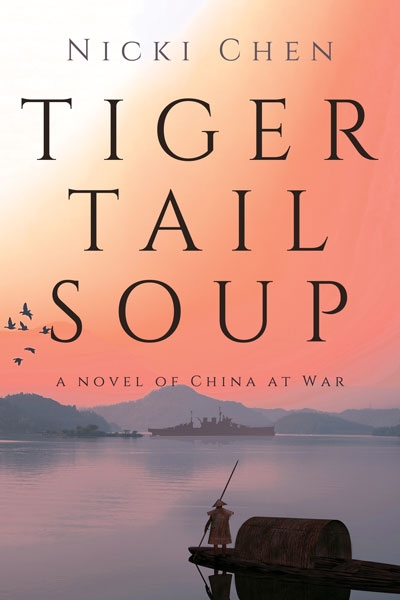 When we visited Maui last week, this was the view from our deck at the Kaanapali Royal: croton, plumeria, and coconut palms.
When we visited Maui last week, this was the view from our deck at the Kaanapali Royal: croton, plumeria, and coconut palms.
 None of them are native to Hawaii. The colored croton is from Indonesia. The plumeria was originally found in Central and South America. And the coconut palm, although its origin is a subject of debate, didn’t grow on the Hawaiian Islands until the Polynesians brought it there.
None of them are native to Hawaii. The colored croton is from Indonesia. The plumeria was originally found in Central and South America. And the coconut palm, although its origin is a subject of debate, didn’t grow on the Hawaiian Islands until the Polynesians brought it there.
Here’s another tree the Polynesians introduced, the breadfruit tree. This photo is a close-up. Breadfruit trees are very large.
 The Polynesians also brought pandanus and sugarcane (in the background).
The Polynesians also brought pandanus and sugarcane (in the background).
 They needed taro for their poi, so they brought that too. And banana plants, of course. Still, it’s hard to imagine those early settlers having room for all those plants, trees and pigs on their canoes. I wonder if they argued about what they could bring and what they would have to leave behind. By the time they set off, their canoe must have looked like a Polynesian-style Noah’s ark.
They needed taro for their poi, so they brought that too. And banana plants, of course. Still, it’s hard to imagine those early settlers having room for all those plants, trees and pigs on their canoes. I wonder if they argued about what they could bring and what they would have to leave behind. By the time they set off, their canoe must have looked like a Polynesian-style Noah’s ark.
 The largest and most famous banyan tree in Maui was brought from India in 1873 by William Owen Smith. He planted it in Lahaina’s Courthouse Square, and now the one tree covers almost a city block (two-thirds of an acre). The banyan I photographed here is much smaller. I don’t know how I could have taken a picture of the enormous tree in Courthouse Square.
The largest and most famous banyan tree in Maui was brought from India in 1873 by William Owen Smith. He planted it in Lahaina’s Courthouse Square, and now the one tree covers almost a city block (two-thirds of an acre). The banyan I photographed here is much smaller. I don’t know how I could have taken a picture of the enormous tree in Courthouse Square.
 The native prickly poppy is one plant that was growing in Hawaii before the Polynesians came.
The native prickly poppy is one plant that was growing in Hawaii before the Polynesians came.
 Here’s another native plant. We found it at the Botanical Garden in Wailuku. I didn’t catch the name, so let’s just call it the “bad-hair-day plant.
Here’s another native plant. We found it at the Botanical Garden in Wailuku. I didn’t catch the name, so let’s just call it the “bad-hair-day plant.
 This is a shot from Iao Valley State Monument. Maybe Hawaii in its pristine state looked something like this.
This is a shot from Iao Valley State Monument. Maybe Hawaii in its pristine state looked something like this.




It’s a bit of a hike from where I live, Nicki so, sadly, not likely to be part of my world any time soon, but I would love to visit Hawaii. 🙂
No world is full of fascinating places. Although I haven’t been to Eastern Algarve where you spend some time, I’ve visited the Spanish province of Galicia on the other side of Portugal. It was such a beautiful spot. I hope the oil spill of a few years ago hasn’t spoiled the beaches.
Hi Nicki, I was in Maui the same time you were. I was there with my granddaughter, Jen. She is a scuba diving instructor, and she was discovering the wonders Hawaii offered on the reefs. She spent a week diving and exploring the sharks, turtles, tropical fish and underwater flora. Enjoyed your blog.
That’s funny, Cheryl. We may have passed each other without noticing. My daughter went scuba diving one day at Molokini Crater. She had to take a few classes back in MD to get re-certified. She learned to dive visiting us when we lived in Vanuatu.
Oh, breadfruit! I love it so much!
It is getting rarer here.
I think the fruits are being shipped to Jakarta where it can be sold at higher price.
Hari, the breadfruit tree is so beautiful, but I’ve never tasted the fruit. What does it taste like?
Like the hybrid of yam and cassava.
The flesh of the fruit is white and starchy. It can be easily mistaken for root-veggies when cooked.
We often use it to replace potato, yam and cassava in cooking.
It has a unique aroma. Smell a bit like pumpkin but not as sweet or as strong.
Looks wonderful. I wonder when I will ever visit this place with my family
Maui was a fun place to visit with my six-year-old grandson. He was just old enough to be able to swim a little and to appreciate places like the whalers museum. I think you would enjoy visiting there sometime. On the other hand, there are many beautiful places in the world to visit.
Loved the photos Nicki. I will never forget that banyan tree at Courthouse Square in Lahaina – it’s amazing!!!
It’s an amazing tree. At first, I thought it was many trees. I didn’t realize a banyan’s air roots could take root in the ground forming pseudo-trunks that end up supporting the super-long branches.
Enjoyed your photos, Nicki. Most of those plants are gorgeous. It is rather amazing what they transported via canoe.
We have Banyon Trees in Florida (also imported). Some are HUGE.
Another interesting fact about banyan trees: The name comes from the word bania or merchant. Because of the shade they provide, banyan trees are a favorite meeting place in villages in South Asia, especially for merchants.
That’s a great tidbit. Thanks!
If you’re interested, here’s the photos I took of the Banyan at Marie Selby Gardens in Sarasota:
http://nrhatch.wordpress.com/2012/04/29/from-bonsai-to-banyan/
That’s an impressive banyan tree. If it gets much bigger, they’ll have to take out the sidewalk.
Lovely photos! Thank you for sharing your experience with us. Isn’t it amazing how those formerly volcanic piles of matter became such a lovely assortment of tropical Paradises.
The island we lived on in the South Pacific was formed from volcanoes and coral. When we planted a garden, we bought soil that came from the center of the island. It was rich, but very porous.
Since Hawaii was the result of volcanos, technically nothing is really native. I can imagine those canoe conversations! Honey, you can only take one shampoo and conditioner! No, you don’t need your makeup kits! I have always been fascinated with the islands and there was a time I wanted to relocate there. I should have done it when I was young and before I had roots. Beautiful pictures.
I think I was a little careless with the terminology I used about the plants. I just looked it up.
Native plants were brought to Hawaii without the help of man, by the wind, waves or birds.
Endemic plants can be found ONLY there.
Indigenous are native but can be found elsewhere.
And alien or introduced species were brought by man.
Isn’t that fascinating? Can you imagine anything surviving the ride? Obviously some did.